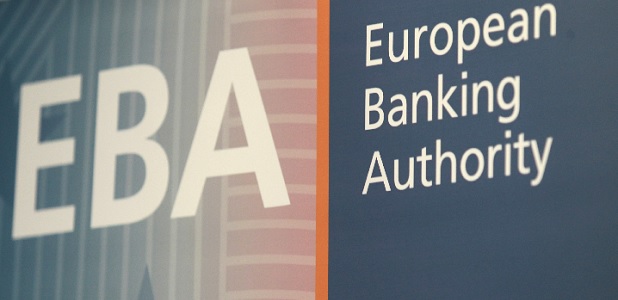
The EBA has analysed payment fraud data reported by the industry and subsequently aggregated by national authorities covering the years 2019 and 2020.
This Discussion Paper provides an overview of the preliminary patterns observed across a number of different payment instruments, including some inconclusive patterns, which require additional analysis.
The EBA invites stakeholders to respond to the questions asked in the Discussion Paper, so as to better interpret fraud data that will be reported in future years.
The European Banking Authority (EBA) published today a Discussion Paper on its preliminary observations on selected payment fraud data under the Payment Services Directive (PSD2), as reported by the industry for the years 2019 and 2020.
This Paper presents the main findings related to three payment instruments: credit transfers, card-based payments and cash withdrawals and also outlines other patterns that appear to be inconclusive and that would benefit from comments and views from market stakeholders.
The responses to the questions raised in the Discussion Paper will support the EBA, the European Central Bank (ECB) and national authorities in interpreting the fraud data that will be reported in future years.
The preliminary patterns suggest that the regulatory requirements developed in relation to payment security are having the desired effect. In almost all instances, the share of fraudulent payments in the total payment volume and value is significantly lower for transactions that are authenticated with strong customer authentication (SCA) than those that are not. The analysis also confirms that fraud is substantially higher for cross-border transactions with counterparts located outside the European Economic Area (EEA) than those conducted inside this area, which is a known pattern of payment fraud.
Finally, while the quality and completeness of the reported fraud data has improved over the four half-yearly reporting periods in 2019 and 2020, the EBA identified several data limitations and, therefore, chose to focus its analysis on the highest quality data reported by the industry, and, therefore, the preliminary observations do not cover the entirety of the geographical scope of the EU nor all payment instruments.
Comments to this consultation can be sent to the EBA by clicking on the „send your comments” button on the consultation page. Please note that the deadline for the submission of comments is 19 April 2022. All received contributions will be published at the end of the consultation, unless requested otherwise.
DOCUMENTS
LINKS
Banking 4.0 – „how was the experience for you”
„To be honest I think that Sinaia, your conference, is much better then Davos.”
Many more interesting quotes in the video below: